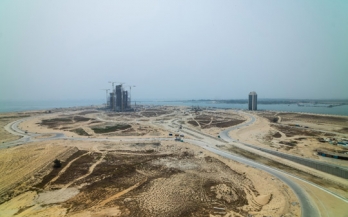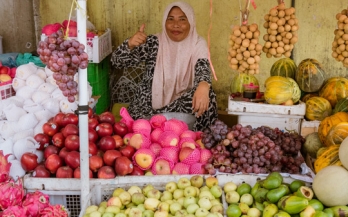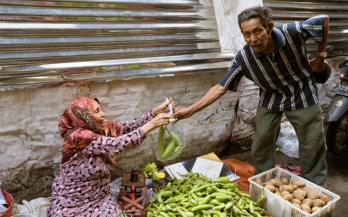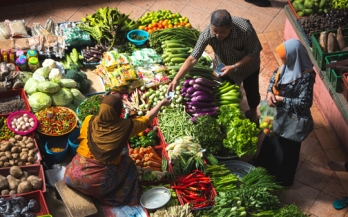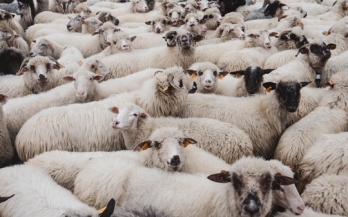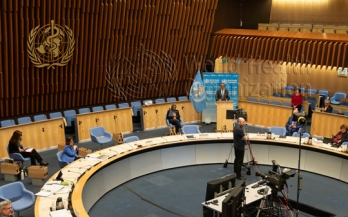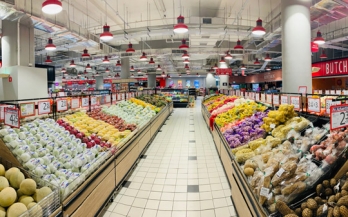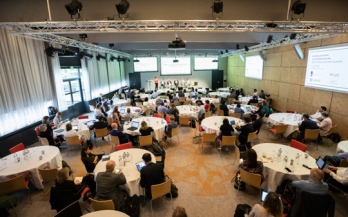Food systems are essential to food and nutrition security. They are also major drivers of economic, environmental, and social development and can be positive forces for urban development. This is critical, as increasing urbanisation of the global population is shifting the relative burden of poverty, food insecurity, and malnutrition to cities. To keep up with this growth, greater urban infrastructure, are required.
The Food and Agriculture Organization of the United Nations, The Global Alliance for Improved Nutrition, and The Johns Hopkins Alliance for a Healthier World today launched a new easy-to-navigate online tool designed to help decision makers understand their food systems, identify their levers of change, and decide which ones to pull.
The Global Alliance for Improved Nutrition (GAIN) is pleased to announce thatUduak Igbeka, Country Support Manager for the SUN Business Network (SBN), a network co-convened by the Global Alliance for Improved Nutrition (GAIN) and the UN World Food Programme (WFP) will sit as an expert in the new Commission on Sustainable Agriculture Intensification (CoSAI).
This paper considers whether Public-Private Partnerships (PPPs) focused on improving diets and nutrition can simultaneously advance public health nutrition goals and business goals. Discussion around the efficiency of PPPs is polarised in the field of nutrition.
The COVID-19 pandemic and associated control measures have been having far-reaching effects on societies worldwide, and food systems have not been spared. To better understand these impacts, GAIN and partners, including the Scaling Up Nutrition (SUN) Business Network, undertook a survey of over 350 food system SMEs in 17 countries in early May 2020, aiming to assess the impacts of the COVID-19.
Animal-source foods (ASF; meat, poultry, fish, dairy, and eggs) have attracted considerable attention for both their role in diets and their environmental impacts - and their production also plays an important role in livelihoods, particularly in low- and middle-income countries (LMICs).
The collateral effects of necessary lock-down and physical distancing measures may, unless accompanied by measures to protect infant and young child nutrition, damage lives for many decades. While needed to curb disease spread, containment measures are disrupting nutrition and social protection interventions and food systems. Early tracking shows price increases of several nutritious foods; market closures and labour disruptions affecting livelihoods are decreasing nutritious food access.
As COVID-19 continues to impact millions of lives and jobs around the world, it is also making our global food system increasingly vulnerable. The poverty, malnutrition and food insecurity that were already challenges before the pandemic – with 820 million people chronically hungry in 2018 – are set to grow as a result of it.
The Building Business Contributions for the 2020 Global Nutrition Summit conference in The Hague took place as part of Workstream 2 on food systems, which is coordinated by the UK Department for International Development (DFID) and the UN Food and Agriculture Organization (FAO).
Since the Covid-19 pandemic and associated control measures began affecting food systems around the world, many of us who care about nutrition and livelihoods have been thinking anxiously about food prices: would they be affected? If so, how badly, for which foods, and for how long? Food prices are important for several reasons.
